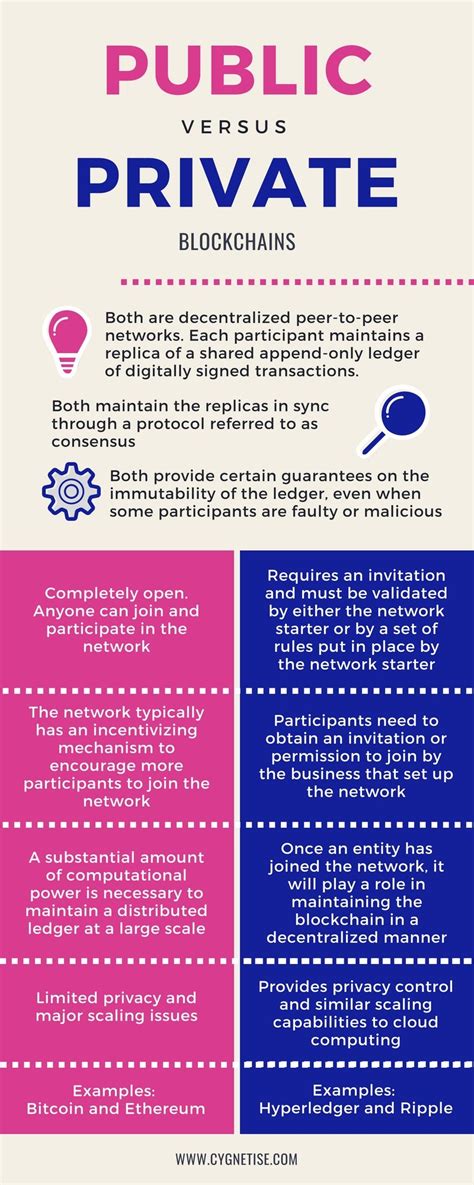Private Blockchains: The Key to Secure Crypto Withdrawals
The rapid growth of cryptocurrency has led to a new era in secure and decentralized transactions. While public blockchains have made headlines for their scalability, security, and transparency, private blockchains have emerged as the preferred choice for institutions and individuals looking to safeguard their cryptocurrencies.
What are Private Blockchains?
Private blockchains are peer-to-peer networks that allow multiple parties to participate in a shared ledger without revealing their identities. Unlike public blockchains, which require participants to register and verify their identity before being allowed to access the network, private blockchains operate on a more decentralized model, allowing anyone with an internet connection to join and interact with the network.
Security Benefits of Private Blockchains
Private blockchains offer several advantages over traditional cryptocurrency exchanges:
- Immutable Ledger: Unlike public blockchains, which can be tampered with by malicious actors, private blockchains use advanced cryptography to ensure the integrity of transactions.
- Zero-Knowledge Proofs: Private blockchains enable users to perform complex mathematical calculations without revealing their identities or data, making it difficult for hackers to intercept and manipulate transactions.
- Anonymity: Users can choose to remain anonymous, adding an extra layer of security and anonymity to their financial activities.
- Offline Access: With private blockchains, users can access the network even when they are offline, eliminating the need for internet connectivity.
Benefits for Cryptocurrency Withdrawals
Private blockchains offer several benefits for cryptocurrency withdrawals:
- Reduced Risk of Phishing Attacks: By allowing users to remain anonymous, private blockchain wallets reduce the risk of phishing attacks that have compromised public exchanges.
- Increased Security
: Private blockchains provide an additional layer of security and protection against hackers who may target public exchanges.
- Enhanced User Experience: With private blockchains, users can enjoy a more seamless and secure experience, without worrying about data breaches or account compromise.
Real-World Applications
Private blockchains are already being used in various applications:
- DeFi (Decentralized Finance): Private blockchains are being explored for use cases such as decentralized lending platforms, stablecoins, and decentralized exchanges.
- Gaming: Some gaming platforms have adopted private blockchains to enable secure and transparent transactions, reducing the risk of cheating and manipulation.
- Supply Chain Management: Private blockchains can be used to track and verify the authenticity of goods, making them a valuable tool for industries such as luxury goods and pharmaceuticals.
Challenges and Limitations
While private blockchains offer several advantages, there are also challenges and limitations:
- Scalability: Private blockchains may not scale as easily as public blockchains, requiring more complex infrastructure to accommodate large numbers of users.
- Regulatory Compliance

: As private blockchains gain traction, regulatory bodies will need to grapple with the implications of decentralized transactions on traditional financial systems.
- User Adoption: Private blockchains require significant user education and training, which can be a barrier for those new to cryptocurrency.
Conclusion
Private blockchains represent a major milestone in the evolution of cryptocurrency and blockchain technology. By offering secure, transparent, and decentralized transactions, private blockchains are poised to revolutionize the way we conduct financial activities online.
